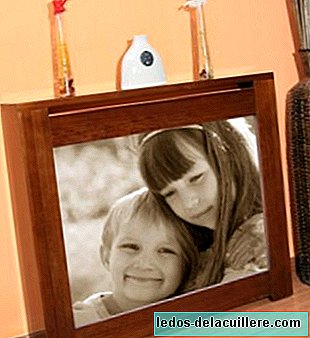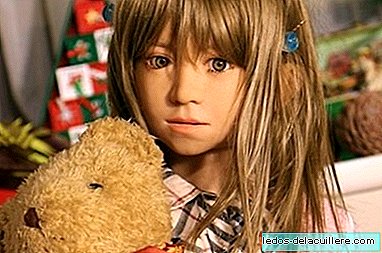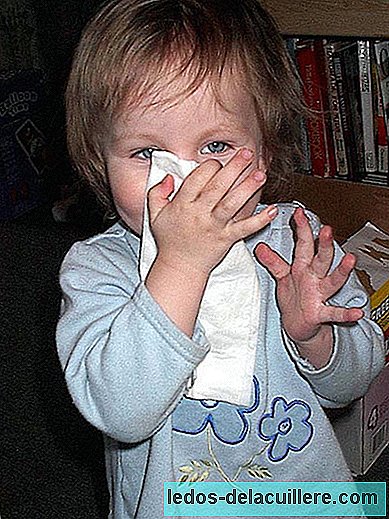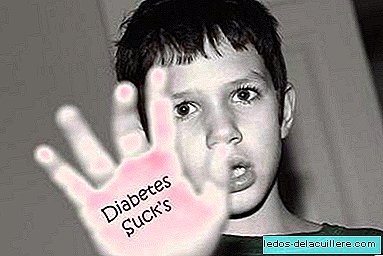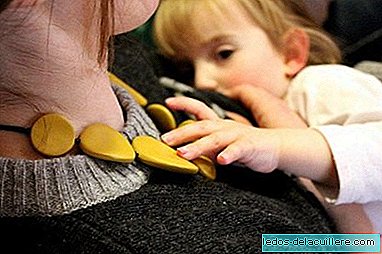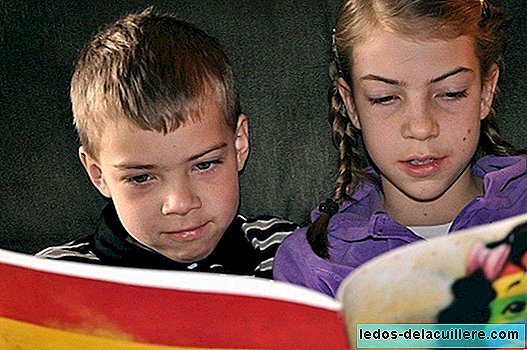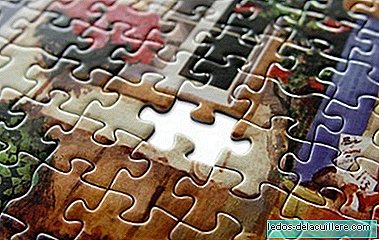
He replacement service for lost parts of Educa It is unique in the world and ensures that no puzzle is left incomplete. He Archive of lost pieces Send about 1,500 pieces for free every month to fans around the world. And it is that any domestic accident caused by a curious baby, the treacherous sleeve of a sweater, a hungry pet, an incomplete stored box, etc. ensures that getting the puzzle finished is not just a task of patience and dedication.
That is why this Educa service from the Archive of the Lost Pieces seems to me to be the most attractive, simple and functional for all fans. The Educa website offers this service for puzzles from 500 pieces for free. Each puzzle is identified with a registration number, consisting of the product reference and the edition number. This data is entered in the application form together with the coordinates of the missing pieces, up to a maximum of 16 pieces per puzzle.
The people in charge of the Lost Parts Archive are in charge of receiving the requests, processing each request, searching for the pieces and sending them by mail at no cost to the user in the minimum period of time. It is a unique service in the world that is available to users all over the planet.
Each month, around 1,500 lost pieces are sent to countries around the world, from Turkey to Argentina, through the United States, France, Saudi Arabia or Spain. Since the launch of the service, in 1996, they have been processed almost 200,000 requests. Currently, the Archive of the Lost Pieces has 1,122 references of puzzles, of which 7,846 different editions have been printed in total. In their shelves, a paradise for the most passionate about puzzles, accumulate more than 10 million pieces waiting to be claimed to fulfill the dream of every good fan: achieve the satisfaction of placing the last piece of the puzzle.
Completing puzzles is an activity that, at early ages, it helps the development of the right hemisphere of the brain, which complements the use of the left half, the most used by right-handed people. Exercising the right hemisphere, skills such as motor skills, laterality, skills, creativity, socialization, language, affectivity and self-esteem are increased since childhood.
In the childhood, assembling a puzzle requires paying attention in the chosen piece and be able to analyze it to look for similar or complementary ones. This is a job that improves the capacity of observation, analysis, concentration and attention. In addition, the visual memory and fine motor skills of the fingers are trained through the manipulation of the pieces and the pinching movements.
Adults also benefit from putting together puzzles. It is one of the best and most accessible activities to maintain mental agility and helps prevent memory loss, Alzheimer's and senile dementia.



